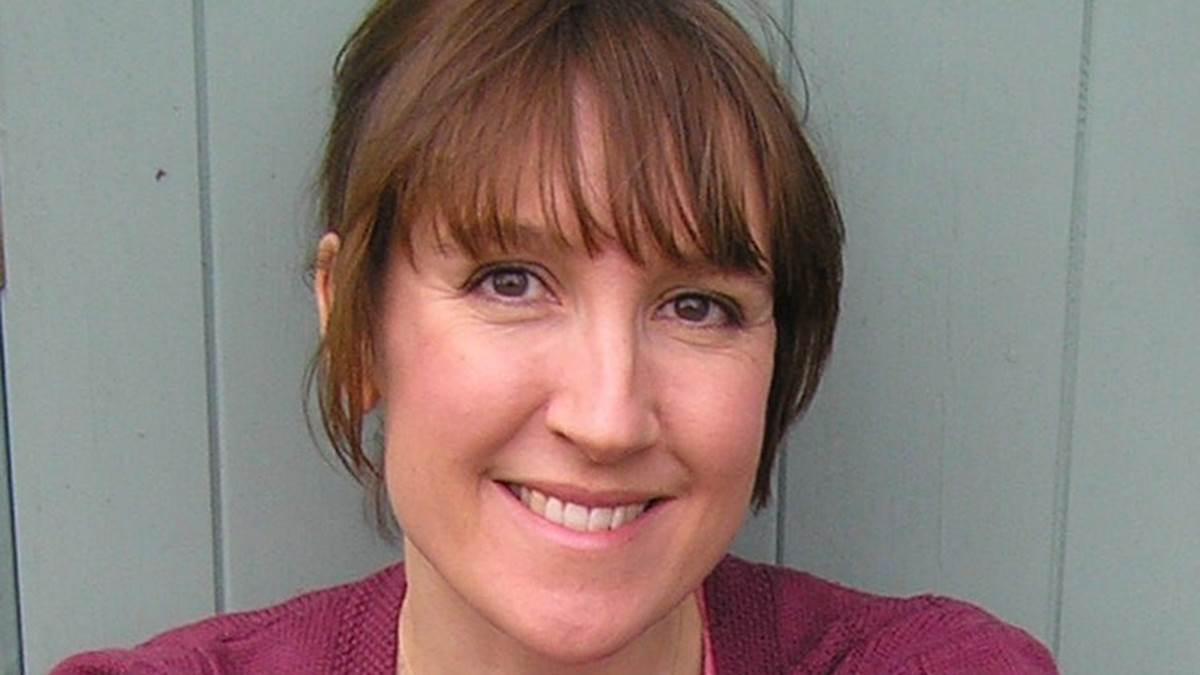Start your summer writing journal
Jenny McLachlan, author of Flirty Dancing, share tips and ideas to help you start a writing journal this summer.

The summer is stretching ahead of you, a magical time full of bees, clinking ice-cubes and balmy evenings. This is the perfect time to start a writing journal, a place where you record your writing adventures.
All you need is a pen and some paper; I've come up with some ideas to get you started. Make sure you keep every word you write - a discarded sentence may one day become the start of your best-selling novel...
Moonlit mini-saga
My husband and I went on holiday to Barcelona one summer and each evening we would challenge each other to write a mini-saga that contained certain words. This is how I started writing; the mini-sagas encouraged me to think about every single word I used.
Try writing a 250-word story that includes the following words: Casper, smashing, ivory, dive and moonlight.
Even better, find someone to write with and choose the words for each other. We always picked a name, an adjective, a colour, a verb and a random word. If you have a time limit, it can become very competitive.
Lost
More things seem to be dropped or left behind in summer. Keep your eyes open for a dropped object: a toy, shopping list, sock or train ticket, and then create a story around this lost item. I find the shopping lists and receipts people leave in trolleys very intriguing and full of clues about a stranger's life.
Sizzle
Write a description of a character doing a simple task such as buying milk, painting a fence or making toast... all in the middle of a stupendous heat wave.
The one sentence wonder
My favourite writers are economical writers who say a lot using very few words. Take this breath-taking example from F Scott Fitzgerald's The Great Gatsby:
'In his blue gardens men and girls came and went like moths among the whisperings and the champagne and the stars.'
Wow!
Find a summery spot: dangle your feet in a paddling pool, lie on a blanket under a full moon, or sit on the swings at a crowded park. Absorb everything: the sounds, colours, smells, everything you can see - from a dropped receipt to a looming tower block.
Now write a detailed description. Don't worry about punctuation or spellings, just write and write and write. When you have finished, choose your favourite words and images and try to write one sentence that perfectly captures the scene.
Nosy dialogue
Summer is perfect for eavesdropping on conversations. I love sitting in cafes or on trains listening to the conversations around me. Take a line of speech you hear and turn it into a dialogue. To start off with, just write the speech like a play. For example:
'You can't have that one.'
'I don't like the others. They look too cold.'
'It's a Cornetto. They're just for grownups.'
Then add the extra information that you need to make your dialogue come alive:
'You can't have that one,' she said, peering into her purse.
He studied the side of the ice cream van. 'I don't like the others,' he said. 'They look too cold.'
She found the pound coin under a crumpled ticket. 'Cornettos are for grown-ups,' she said firmly.
The journey
Some sentences need to jump the reader forwards ('Two hours later...'), some need to feel like real-time ('I looked out of the window and saw a man climb a ladder'), and some need to slow your story down ('My brother was peeling strips off a Twix wrapper, dropping them on the floor of the car where they lay amongst the sand and crumbs').
Describe a journey, big or small, using a mix of fast-forward, real-time and slow sentences to recreate your experience.
Midsummer madness
- Long summer evenings often feel magical and timeless. Write a mini-saga or description that starts at early evening and ends when the last ray of sunshine disappears from the sky. With each sentence, move the events forward one hour. Try to create a bewitching atmosphere.
- Write a postcard that begins with the line: 'Wish I wasn't here...' Collect postcards during the summer and turn them into a story about two people who only communicate via postcards.
- Describe the experience of swimming. Preferably in the sea.
- Keep a one sentence diary: at the end of each day, write a single (truthful!) sentence. Here are my past three days in single-sentence form:
- Sunday: First I accidentally ate a vegetarian sausage, then I stole a key.
- Monday: As I opened the door, the girls screamed.
- Tuesday: Twenty nine children read, a bird sang and I screwed up paper.
I hope you are inspired to start your own writing journal... let me know how you get on!
Flirty Dancing
Author: Jenny McLachlan
First of four books, this is smart, funny writing, engagingly balancing the serious stuff - bullying, first love, friendship - with the joy of lindy hop and aerial moves.


